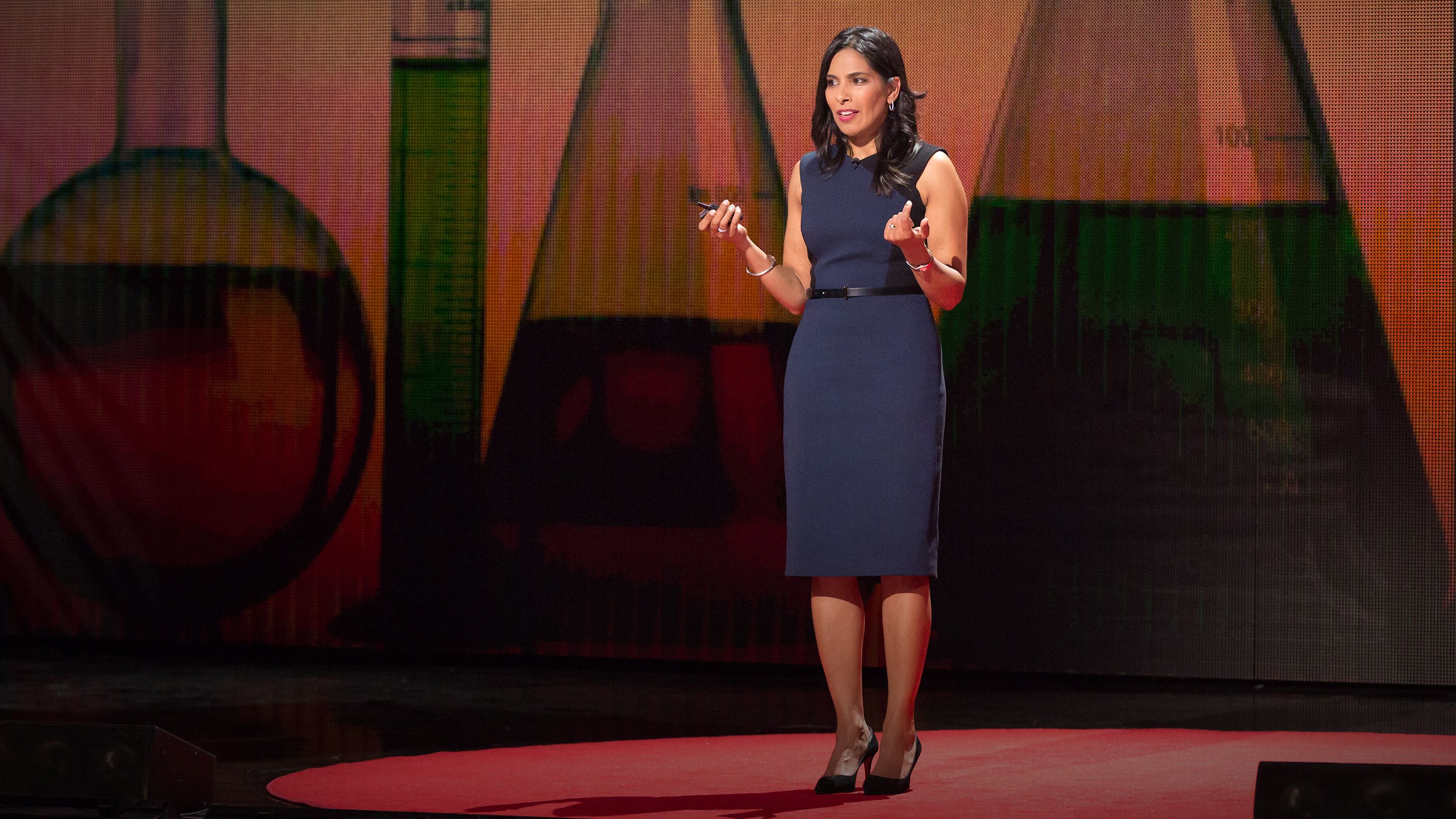体内で腫瘍を見つけ出すミクロの粒子
963,831 views |
サンギータ・バティア |
TED Talks Live
• November 2015
もし、高価な検査施設や安定した電気の供給が無くても、悪性腫瘍を何年も前に見つけることができたらどうでしょう? 医師、生体工学研究者、そして起業家の顔を持つサンギータ・バティアは、数々の学問領域を横断する研究室を率いて、人間の疾患を理解し、診断し、治療する革新的な方法を探しています。癌による死の3分の2は完全に予防可能であり、彼女の目標は、それを防ぐことだと言います。バティアが複雑なナノ粒子科学をずば抜けた明晰さで解説し、何百万もの命を救うであろう革新的な癌検診法について語ります。
